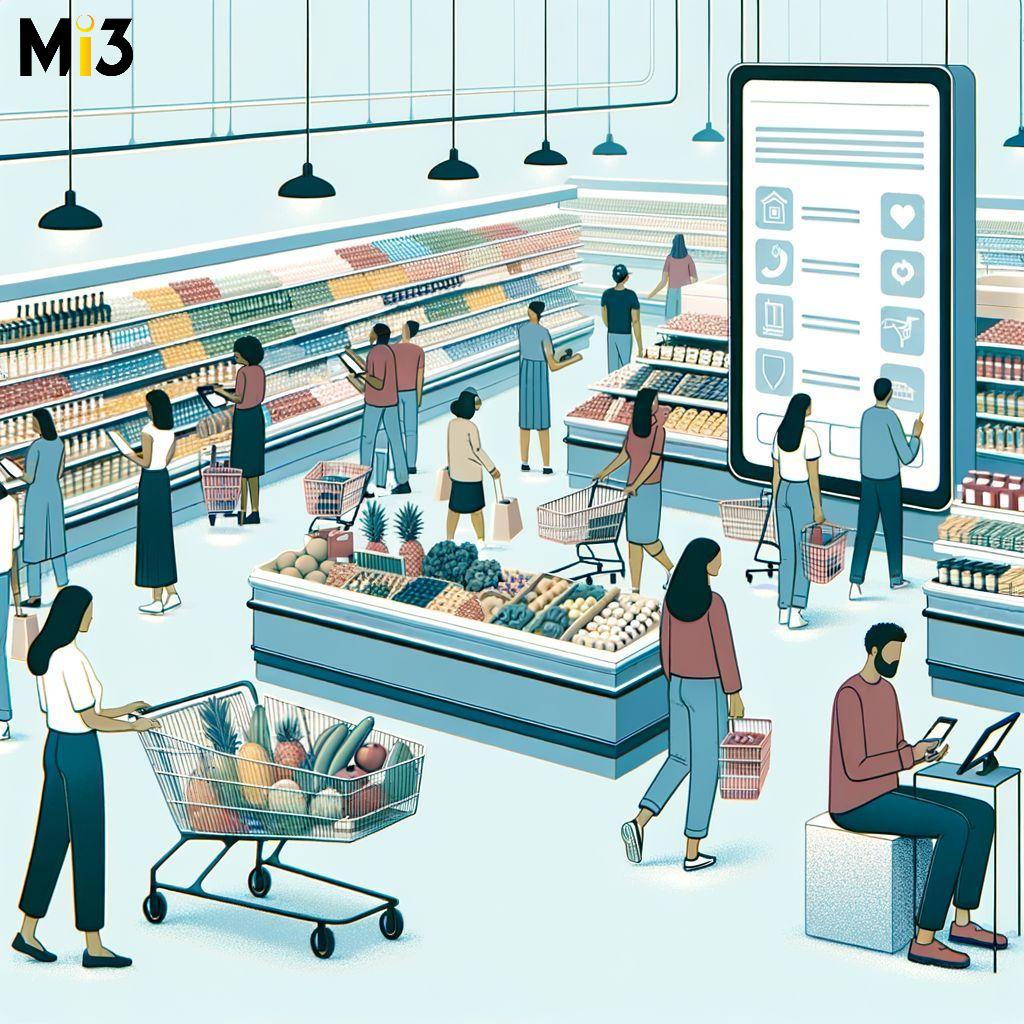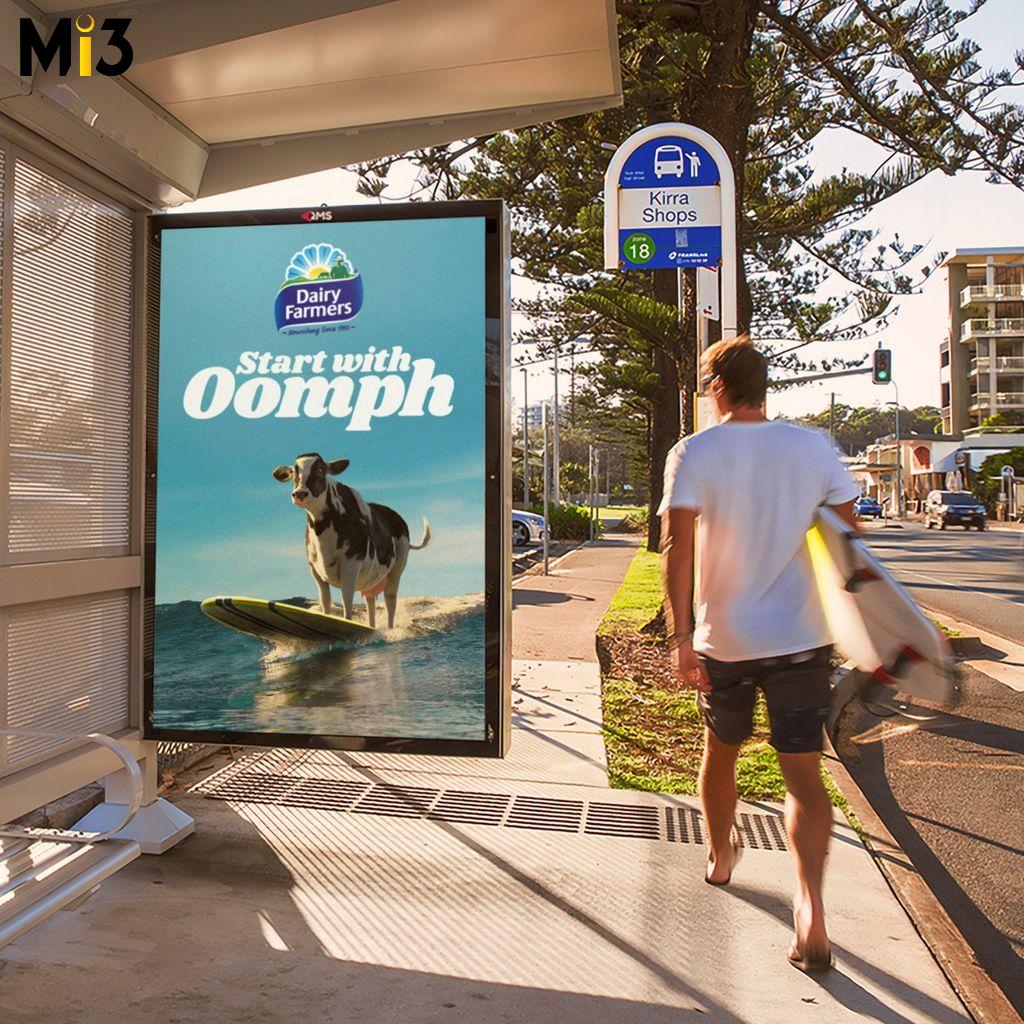Woolworths Group has reported its Q1 2025 sales results and trading update, revealing a 4.5% increase in group sales to $18 billion, or 3.3% excluding Petstock, even as the cost-of-living continues to bite.
Author: admin
Priceline Pharmacy unveils new brand identity in collaboration with Houston Group
Priceline Pharmacy has launched a new visual identity in collaboration with strategic and design agency, Houston Group. The new brand strategy, titled ‘the heart of health and beauty’, aims to highlight Priceline Pharmacy’s combination of health expertise and beauty experience.
Optus puts media agency account under review
Telecommunications giant Optus has put its media agency account up for review, a regular process it says is aimed at ensuring alignment in values and business outcomes.
Salesforce, Adobe and Braze lead in Gartner’s Multichannel Marketing Hubs rankings
Salesforce, Adobe and Braze have topped the latest Gartner report into Multichannel Marketing Hubs, making it into the top quadrant for both their leadership and well as visionary approach to their respective platforms.
Satirically salient: Queensland Department of Transport and Main Roads engages hard-to-reach young males through print… and Betoota Advocate
Using a physical newspaper to convince young blokes to stop driving while under the influence of alcohol isn’t necessarily the first thing that springs to mind when plotting out a new drink driving awareness campaign. But the combination of print, then online, satire – in the form of the Betoota Advocate – and two years of persistence by the Queensland Department of Transport team paid off, triggering millions in reach and a +10.5 per cent baseline increase in belief in the consequences of drink driving. It’s an effort that’s now won four awards and counting, most recently the Australian Marketing Institute’s Marketing Excellence Award for Content Marketing.
Spotify and Afterpay unveil ‘Gift Generator’ to personalise shopping experience fuelled by music intelligence
Spotify has launched its largest-ever Afterpay partnership, introducing the ‘Gift Generator’ through Spotify’s ‘The Stage’ format to leverage data for personalised gift ideas.
Mosaic Brands brings in administrator and receiver after failing to secure support for restructure, ACCC resolution
Mosaic Brands, owner of budget clothing brands including Noni B, Millers, Katies and Rivers, has gone into administration and brought in the receivers after failing to secure support for a restructure from several investors and a resolution with the ACCC on alleged breaches of Australian Consumer Law.
Stan CMO Diana Ilinkovski steps down after decade-long tenure
Stan CMO Diana Ilinkovski has resigned from the post after nearly a decade with the streaming services player.
New retail giant emerges: Myer and Apparel Brands to unite
After months of discussions, Myer and Premier Brands are going ahead with their merger agreement, combining the Myer apparel portfolio with Premier’s Apparel Brands portfolio including Just Jeans, Jay Jays, Portmans, Dotti and Jacqui E.
Bega Group rides ‘Oomph’ wave with Dairy Farmers’ fresh masterbrand campaign
Bega and its recently appointed agency The Royals, have unveiled the first masterbrand campaign for Bega Group’s flagship brand, Dairy Farmers. The campaign, themed around the word ‘Oomph’, seeks to encapsulate the essence of what Dairy Farmers delivers to Australians daily.










